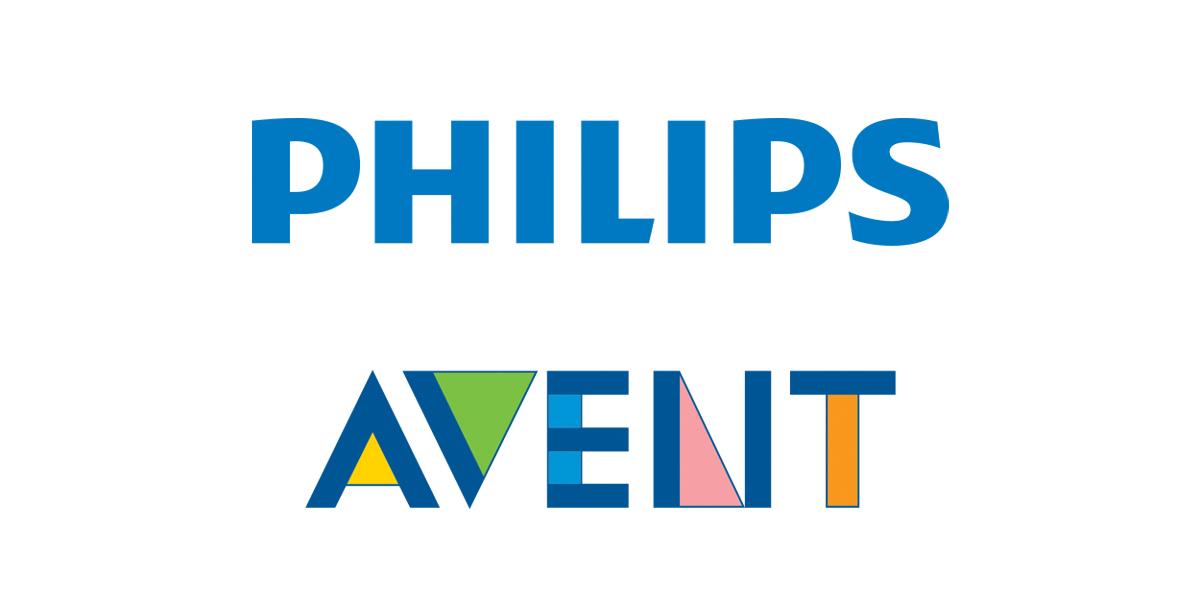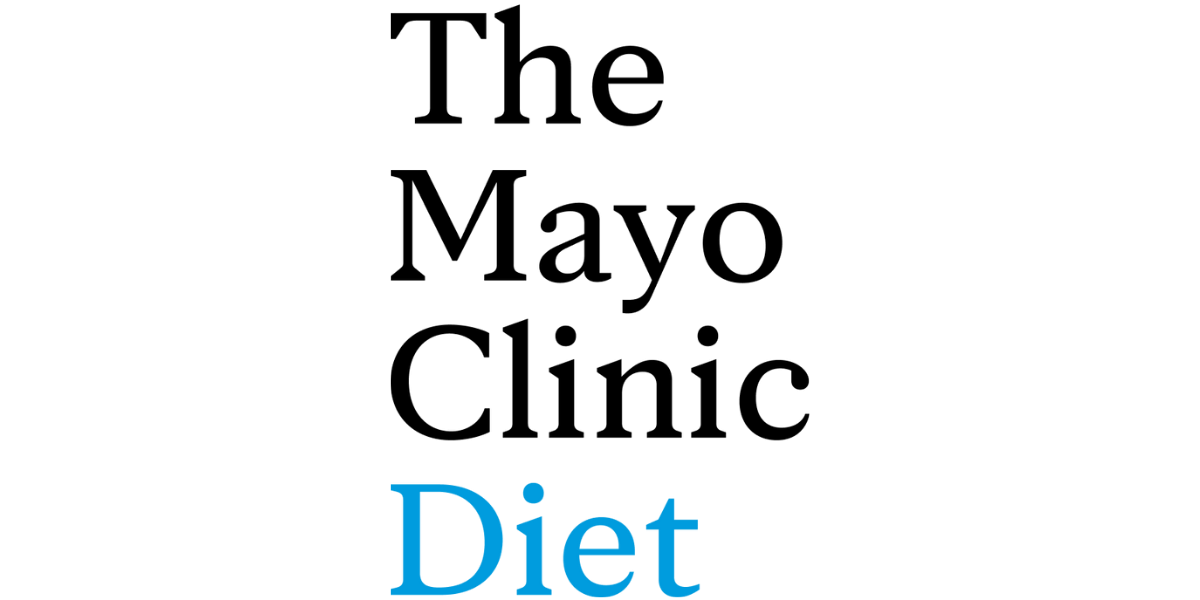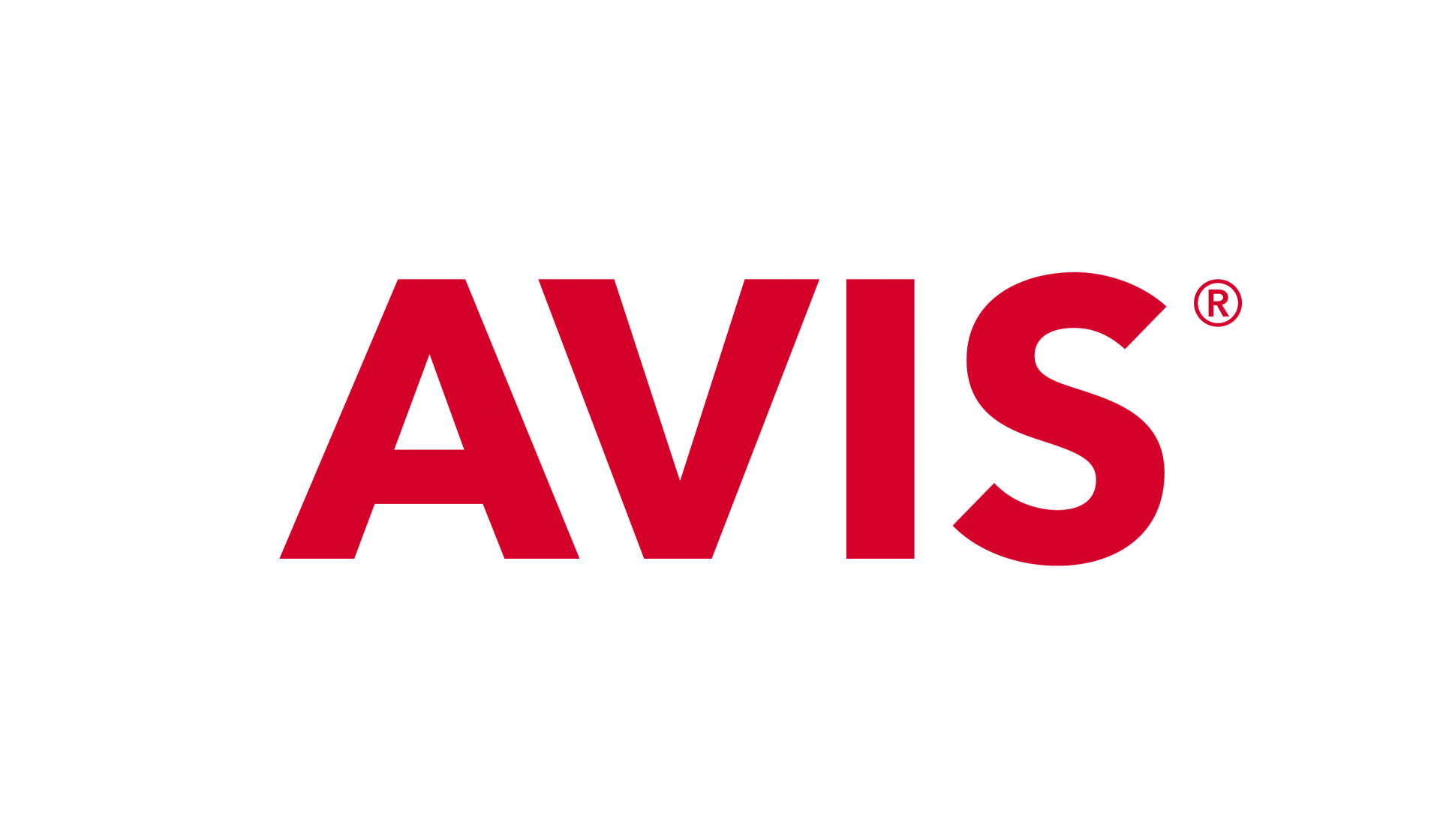Employee assistance programs (EAPs) help your organization get proactive about productivity issues. Unfortunately, 40 percent of workers don’t take advantage of a company’s EAP because they do not know it exists or do not understand what types of services it offers.1 The best way to make sure your employees take advantage of your EAP — and so you see a return on your investment — is to promote and endorse its services throughout your organization.
Communication is key
There’s one major “don’t” associated with communicating about EAPs: Don’t overwhelm employees about the availability of the EAP in your company. Some employees are already suspicious that EAPs aren’t confidential. If they suspect you’re pushing the program a little too hard, they’ll shy away from seeking help out of fear that it may affect their standing in the company.
Discuss the range of services
This can help break down the misconceptions of what an EAP can offer. Some employees don’t know that EAPs can assist with more than just mental health issues or drug problems. Explaining the services in detail over a period of time can open their eyes to the value your EAP delivers when it comes to their specific concerns.
Let employees know about your EAP during open enrollment
You’ll be discussing other elements of your benefit offerings during open enrollment, so it’s a great time to make sure employees know the EAP is available when needed.
Your EAP is an investment for your company — be sure to take advantage of ways it can help you get the word out about all it has to offer your employees. Then see how your organization begins to experience the many benefits of this program.
1"More Employee Assistance Program Best Practices." HR Daily Advisor. July 03, 2018. Accessed August 29, 2018.









